What does Trudeau know about MPs accused of foreign collusion? Ryan Alford in the National Post
This story originally appeared in the National Post. By Ryan Alford, June 12, 2024 The National Security and Intelligence Committee...
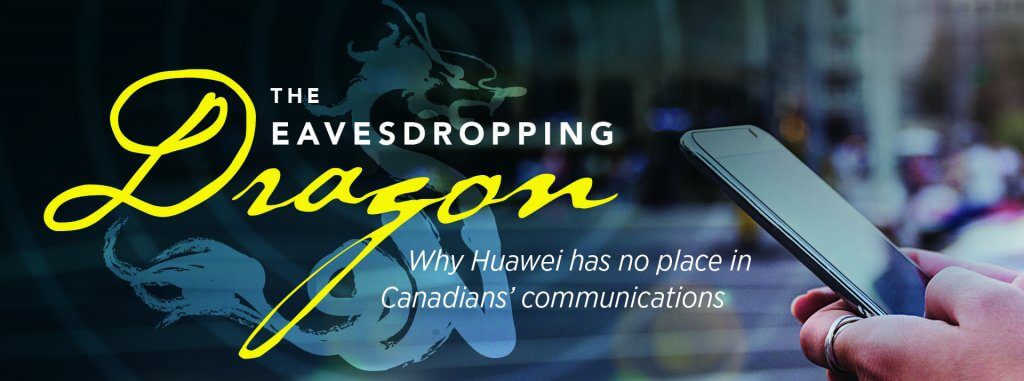
With Canada-China relations near an all-time low following the lawful arrest of Huawei CFO Meng Wanzhou on a US extradition request, decision-makers in Ottawa are now confronted with an important decision.
Should Ottawa allow Huawei, the telecommunications giant at the centre of China’s global ambitions, to be involved in the construction of Canada’s next-generation 5G communications networks?
For MLI’s internal and external experts, the answer is clear: for reasons including national security, intellectual property right protection, international intelligence cooperation, foreign affairs strategy, and much, much more, Canada must block Huawei from involvement in 5G.
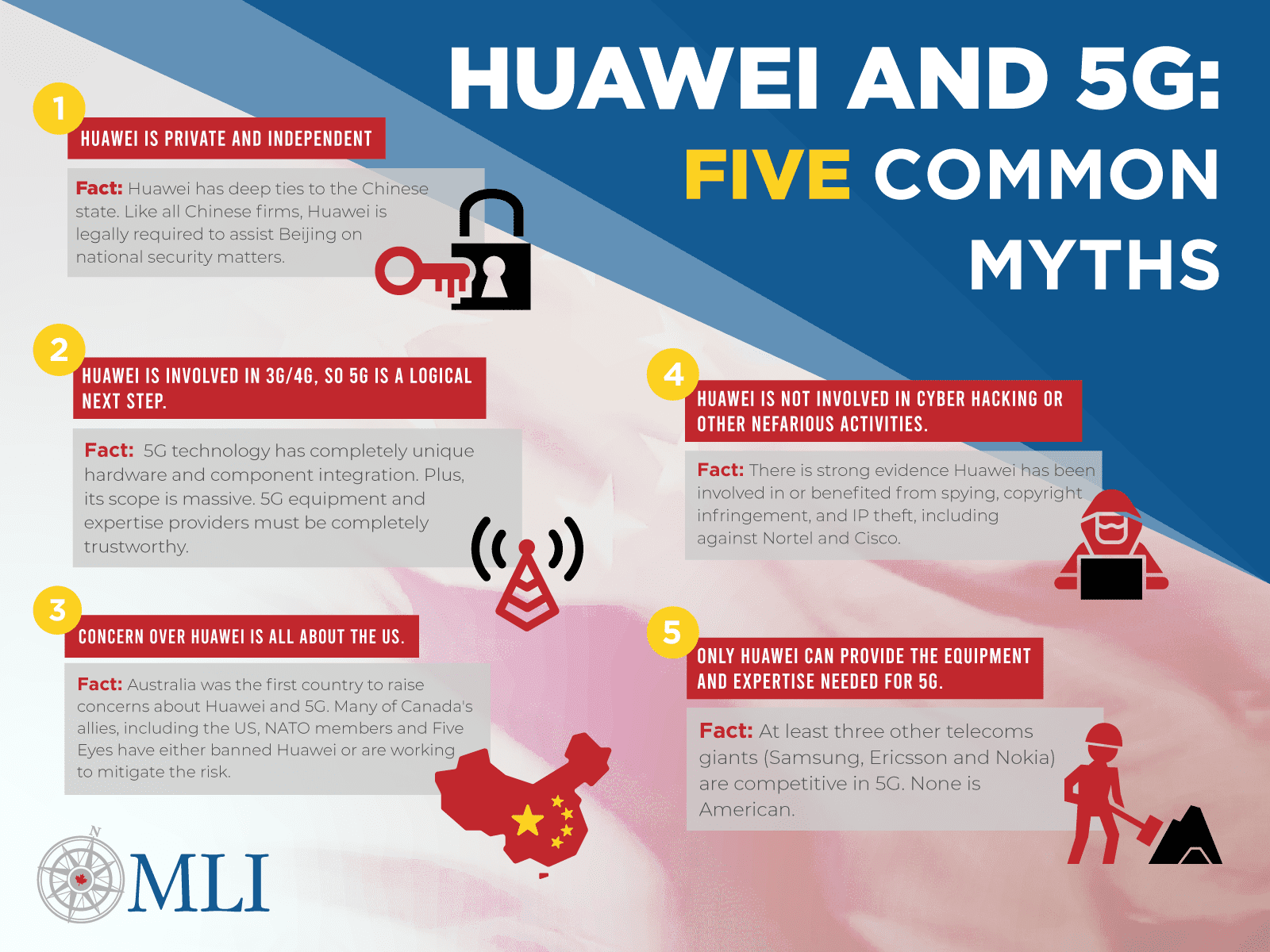

There are plenty of reasons why intelligence professionals are alarmed by Huawei’s involvement in our 5G networks, particularly, the close relationship between Huawei and a Chinese government with a history of cyberespionage.
If Huawei were just a normal company, would China have engaged in hostage diplomacy against Michael Kovrig and Michael Spavor, engaged in a massive campaign of economic coercion, and levelled such open threats against our policy-makers on behalf of the company’s CFO?
If Huawei were just a normal company, would it have such an intimate relationship with Beijing, which could at any time compel the company to assist Chinese authorities in espionage activities?
And if Huawei were just a normal company, would it have such a suspicious history involving massive data theft, equipment not subject to sufficient control, and other serious and sustained cyber security concerns?
Simply put, Huawei is an abnormal company whose involvement in 5G would pose a serious threat to the information security of Canada and whose construction of 5G infrastructure would undermine Canada’s independent sovereign decision-making ability.
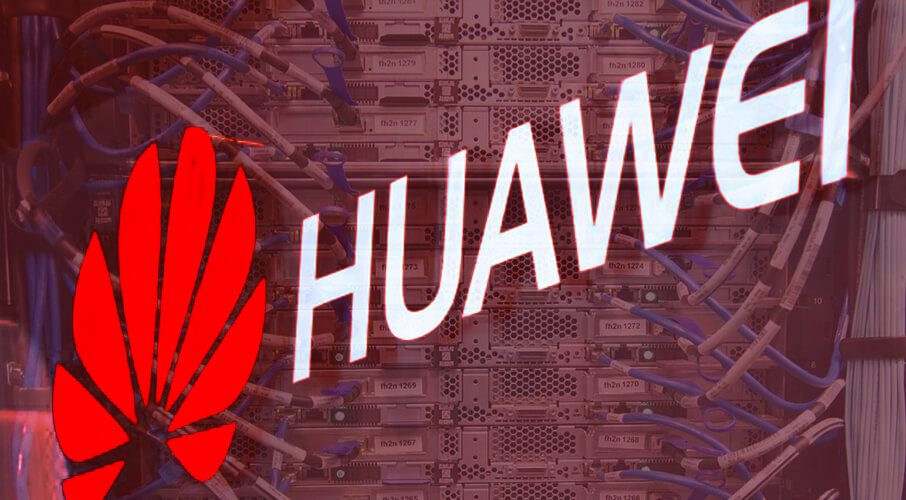

Our allies have got the message. New Zealand, Australia and the United States have already announced they will ban Huawei from participating in their next-generation mobile data networks. Taiwan, Japan and countries in Europe are also getting increasingly cold feet. Canada should be next.
As part of our Dragon at the Door series, MLI’s experts have stood alone as the lead voices of this crucial national conversation. MLI contributors who have made this case include former National Security Advisor Richard Fadden, Senior Fellows like J. Berkshire Miller and Professor Charles Burton, and new authors like Ivy Li. A full list of our expansive, multi-year body of work can be found here.

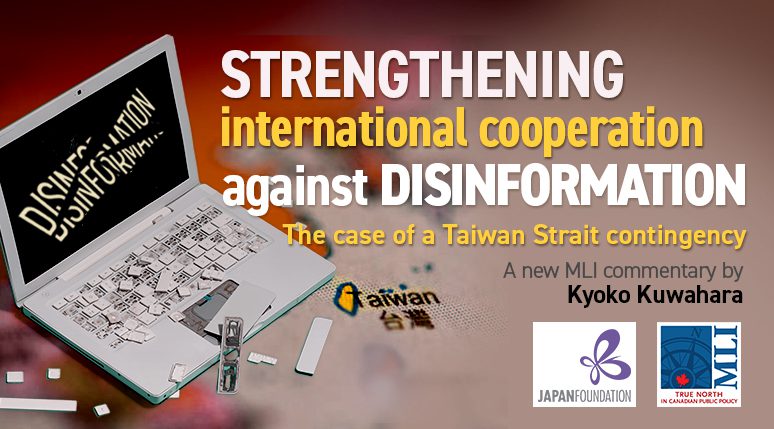
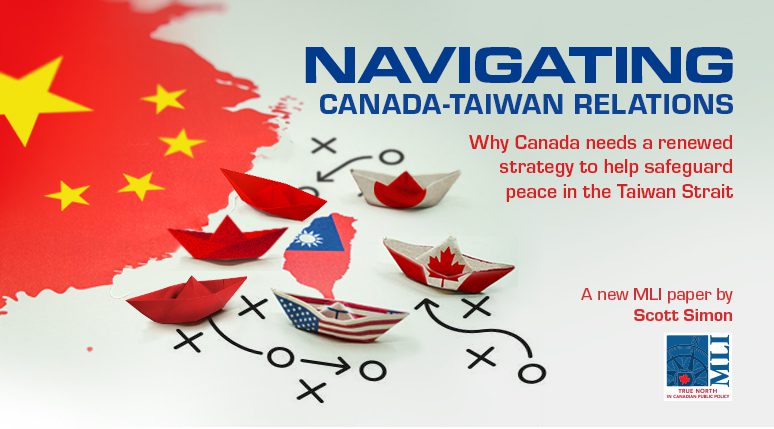
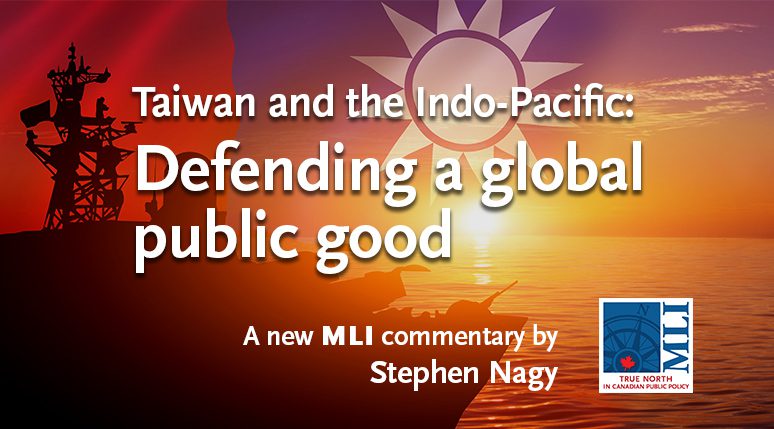
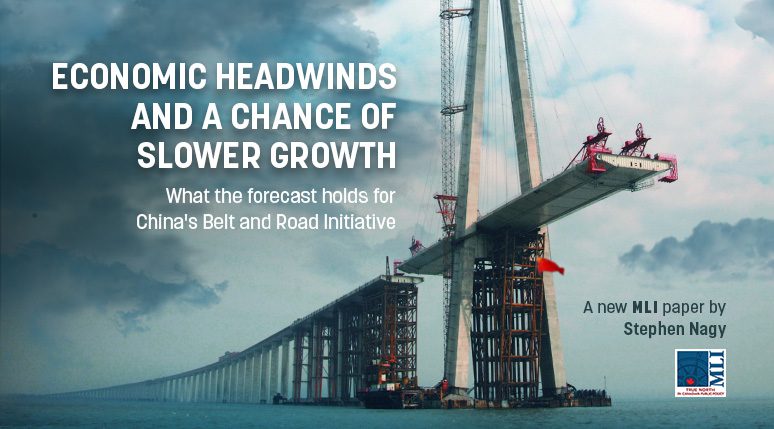



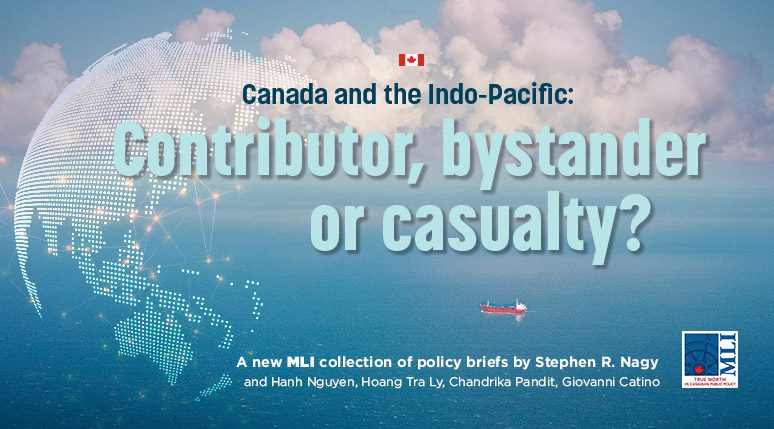
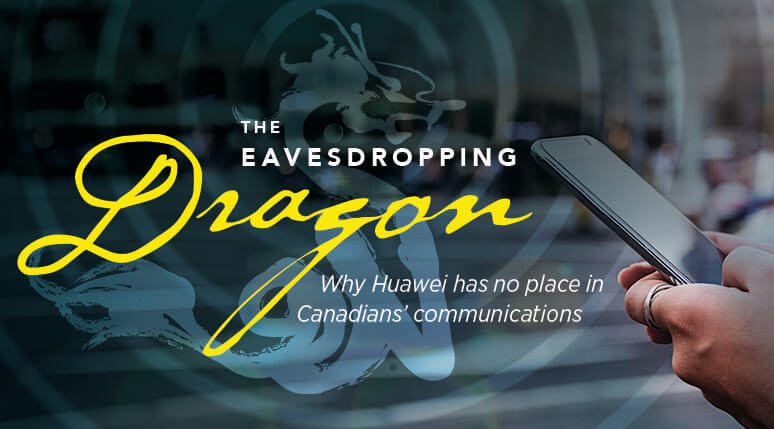
Link:https://macdonaldlaurier.ca/quiet-diplomacy-isnt-working/
Link:https://www.youtube.com/watch?v=5oQZmXali4k
Link:https://youtu.be/tr4TwzfkAjA
Link:https://macdonaldlaurier.ca/continuing-nothing-will-not-deter-china-charles-burtons-remarks-house-commons-special-committee-canada-china-relations/
Link:https://youtu.be/hKqeN2yzBAU
Link:https://macdonaldlaurier.ca/policy-maker-year-xi-jinping/
Link:https://www.youtube.com/watch?v=25qGoNoBrr4
Link:https://www.youtube.com/watch?v=ATyn_rpWODY
Link:https://macdonaldlaurier.ca/infographic-five-common-myths-huawei-5g/
Link:https://www.youtube.com/watch?v=NzhQcwTjeKk
Link:https://www.youtube.com/watch?v=EmiMmwRfTsk
Link:https://www.youtube.com/watch?v=9u1zY4ZRxQE&t=3s
Link:https://macdonaldlaurier.ca/banning-huawei-just-one-series-steps-canada-needs-take-defend-christian-leuprecht-david-skillicorn-national-post/
Link:https://www.youtube.com/watch?v=4Fy65c70Kto
Link:https://macdonaldlaurier.ca/cybersecurity-financial-sector-economic-security-issue-leuprecht-skillicorn-cockfield-house-commons-committee-public-safety-national-security/
Link:https://macdonaldlaurier.ca/china-smells-weakness-picking-canada-crowley-globe/
Link:https://www.youtube.com/watch?v=F9nWzwpEQbs
Link:https://www.youtube.com/watch?v=gzdpGq__l2M&t=2s
Munk Senior Fellow (Chinese economy and investment)
MLI Advisory Council Member
Munk Senior Fellow (Defence and security)
Senior Fellow and Director of Foreign Affairs, National Defence and National Security
This story originally appeared in the National Post. By Ryan Alford, June 12, 2024 The National Security and Intelligence Committee...
This article originally appeared in the Hub. By Richard Shimooka, March 14, 2024 The past several weeks have been a...
This article originally appeared in the National Post. By Ryan Alford, February 5, 2024 The foreign interference inquiry into the...
|
|
Thank you for Signing Up |


323 Chapel Street, Suite #300
Ottawa, Ontario, K1N 7Z2 Canada
613.482.8327
Support the Macdonald-Laurier Institute to help ensure that Canada is one of the best governed countries in the world. Click below to learn more or become a sponsor.
© 2023 Macdonald-Laurier Institute. All Rights reserved.